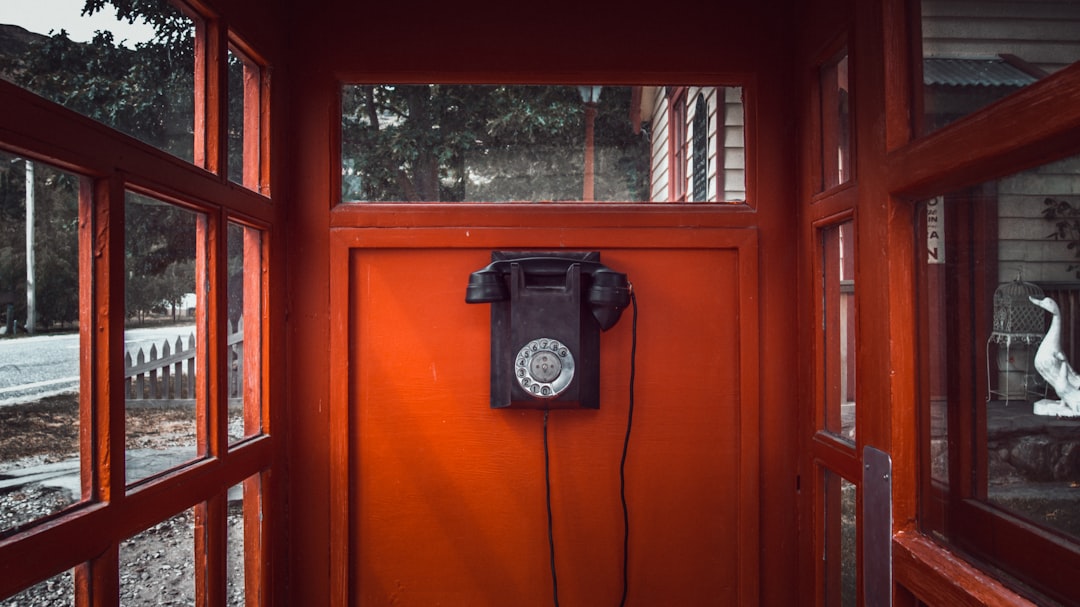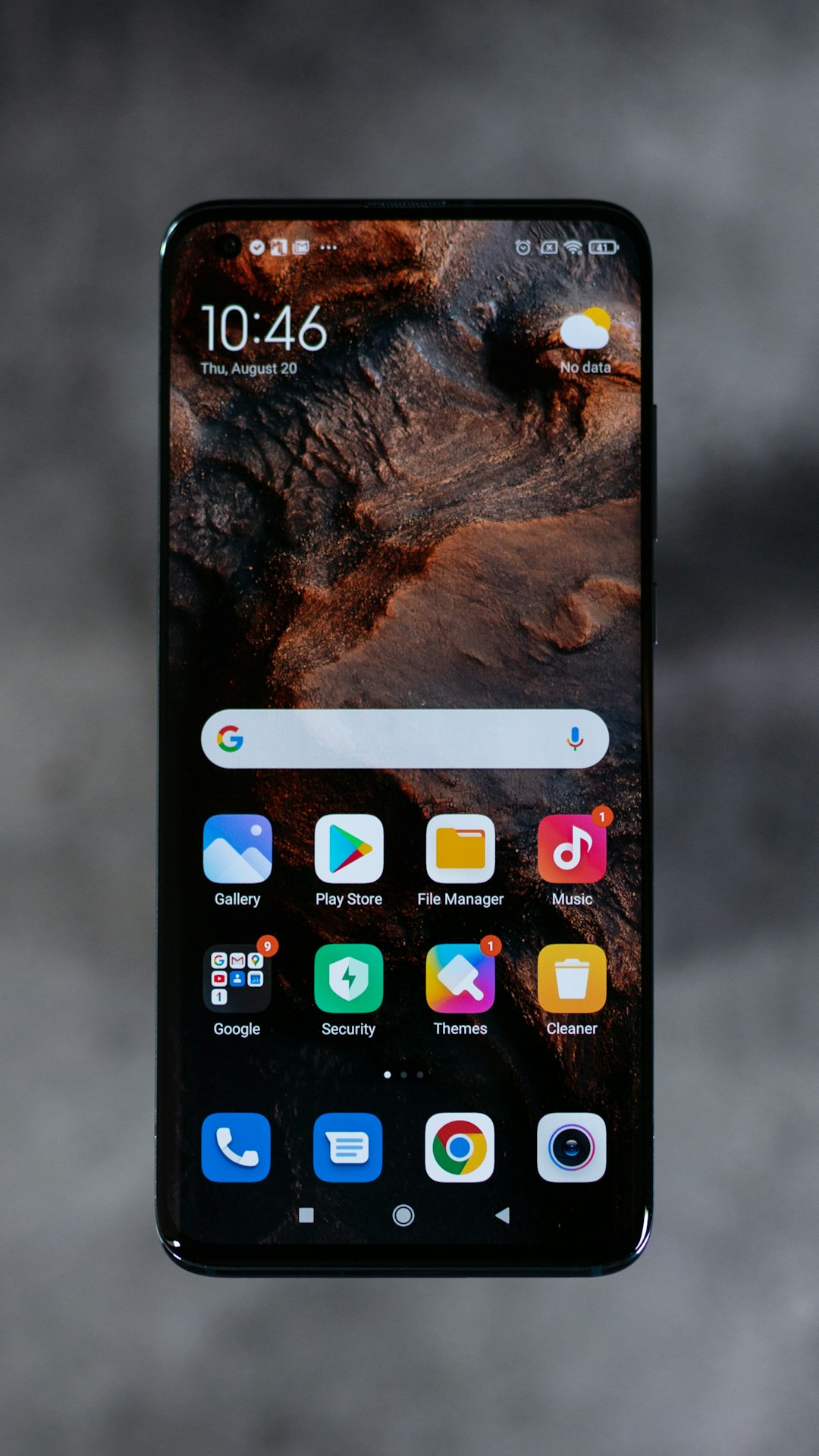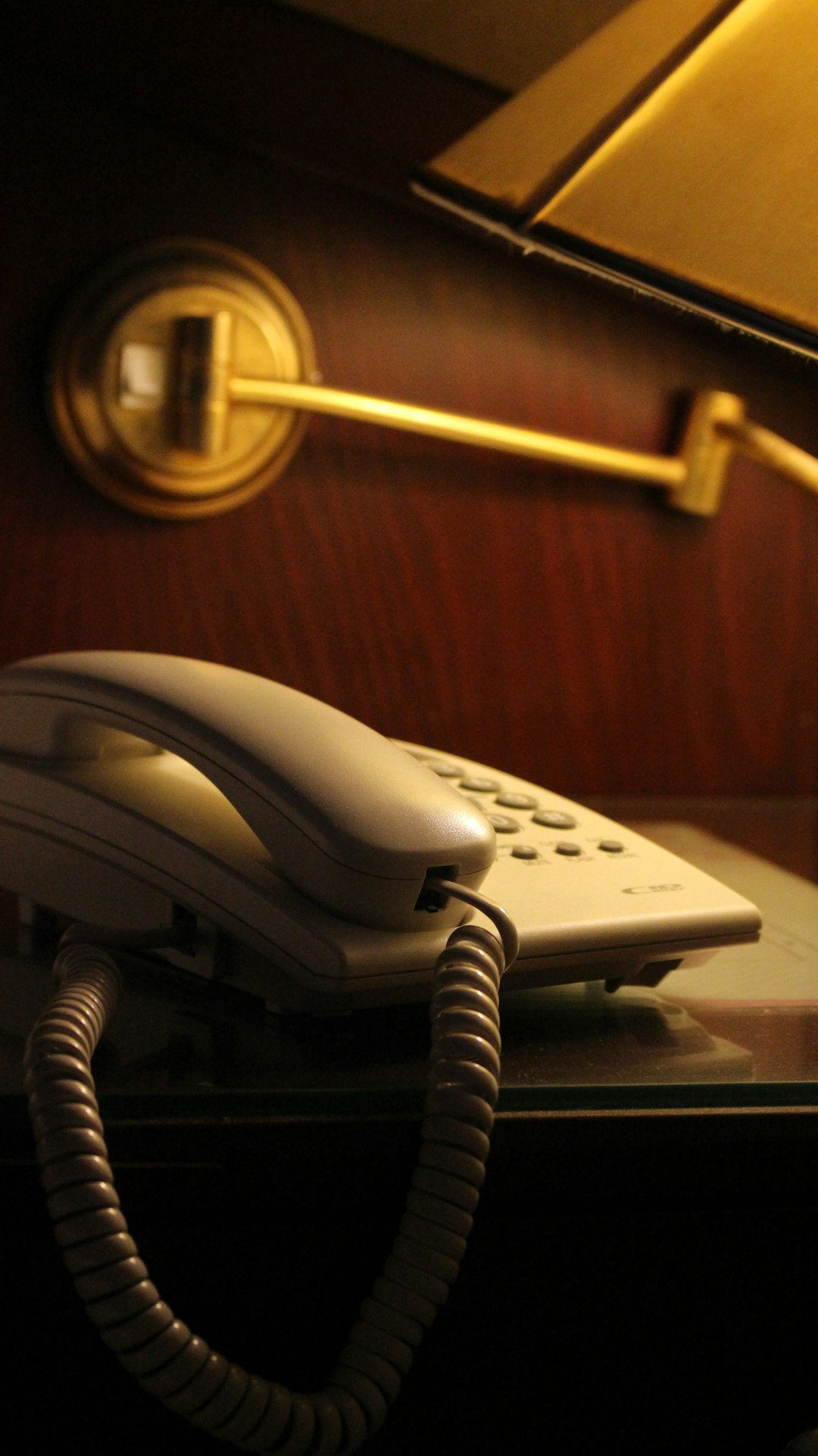Unwanted robocalls in Kansas are illegal under the Telephone Consumer Protection Act (TCPA), with residents able to file complaints or seek legal counsel from specialized robocall lawyers and law firms. Top-rated apps like Call Hope, Hiya, and TrueCall can block these calls effectively. Evidence collection and consultation with a Kansas-based robocall attorney significantly improve chances of success. Combining app usage with legal counsel offers robust protection against intrusive autodialed calls.
Tired of unwanted calls from autodialers? You’re not alone. Robocalls are a pervasive problem, but understanding Kansas law can help. This guide navigates the issue, detailing legal options available to you as a Kansas resident.
Learn about your rights and discover top-rated apps designed to stop robocalls effectively. If you’ve been harmed, explore steps to seek compensation with the help of experienced robocall lawyers in Kansas. Uncover the best app to stop robocalls and connect with a robocall law firm or attorney in Kansas for expert guidance.
- Understanding Robocalls and Kansas Law
- Legal Options: Who Can Sue and How
- Top Apps to Block Robocalls Effectively
- Seeking Compensation: Steps and Rights
Understanding Robocalls and Kansas Law
Robocalls, or automated telephone calls, have become a pervasive issue for many Kansans. While some robocalls are from legitimate businesses offering valuable services, others can be intrusive and misleading, often falling outside the boundaries of legal telemarketing practices. These unwanted calls can include political messages, sales pitches, or even scams, leaving recipients feeling annoyed and violated.
In Kansas, the law provides certain protections against excessive or deceptive robocalls. The Telephone Consumer Protection Act (TCPA) restricts automated calling for marketing purposes without prior express consent. This means that if you haven’t given explicit permission to receive calls from a particular organization, their use of an autodialer to contact you could be illegal. Kansans have the right to seek legal recourse against violators through a lawyer for robocall in Kansas or a robocall law firm that specializes in TCPA cases. For effective protection, many turn to the best apps to stop robocalls and consult with robocall lawyers and robocall attorneys who can guide them through navigating these legal complexities.
Legal Options: Who Can Sue and How
If you’re experiencing unwanted autodialed calls in Kansas, you have legal options. The Telephone Consumer Protection Act (TCPA) provides robust protections against robocalls, and both individuals and law firms can take action. Anyone who receives these unauthorized calls can file a complaint with the Federal Trade Commission (FTC), which has the authority to investigate and enforce the TCPA.
In Kansas, several law firms specialize in representing clients affected by robocalls. If you believe you have been harmed by unsolicited autodialed calls, contacting a lawyer specializing in telecommunications law is a smart step. They can help determine if the TCPA was violated and guide you on the best course of action, which may include sending cease-and-desist letters or filing lawsuits against the perpetrators. The “best app to stop robocalls” isn’t a software solution—it’s expert legal counsel who understand the intricacies of Kansas and federal robocall laws, such as those offered by robocall lawyers and law firms in the state.
Top Apps to Block Robocalls Effectively
Navigating the sea of unwanted robocalls can be a daunting task, but there are several top-rated apps designed to effectively block these persistent calls. For residents of Kansas seeking solace from relentless robocallers, the best app to stop robocalls Lawyer or Attorney is often just a download away. These applications leverage advanced technology to identify and block automated phone calls, offering a sense of peace and control.
The robocall law firm or lawyers in Kansas who specialize in this area recommend using robust apps that utilize machine learning algorithms to adapt to new call patterns. Trusted options include Call Hope, Hiya, and TrueCall, which have garnered positive reviews from users and industry experts alike. By downloading one of these apps, Kansas residents can protect themselves against not only robocalls but also spam calls, ensuring a quieter and more secure phone experience.
Seeking Compensation: Steps and Rights
If you’ve been a victim of unwanted autodialed calls in Kansas without your explicit consent, you’re not alone. Many people across the state face this issue daily, and it’s important to know that there are legal avenues to seek compensation for these intrusive experiences. The first step is to gather evidence—record the calls, save any related texts or emails, and note the frequency and type of calls received. This documentation will be crucial when pursuing legal action.
Seeking help from a lawyer specializing in robocalls can significantly enhance your chances of success. A Kansas-based lawyer or law firm experienced in representing clients against autodialer abuse can guide you through the process, ensuring your rights are protected. They will assist in filing a complaint with relevant authorities and may even negotiate with call centers on your behalf to stop the unwanted calls. The best apps to stop robocalls, coupled with legal counsel, empower individuals to reclaim their peace of mind and protect their personal space from such invasions.






